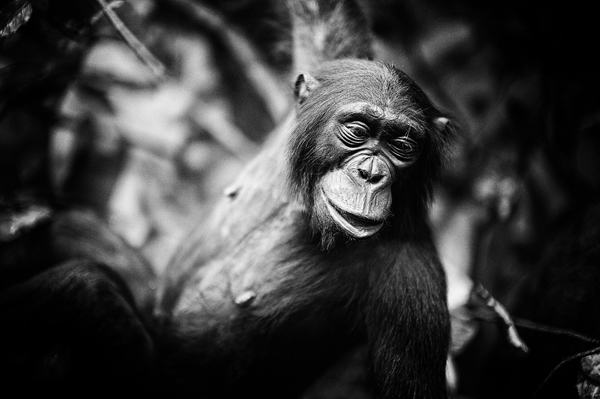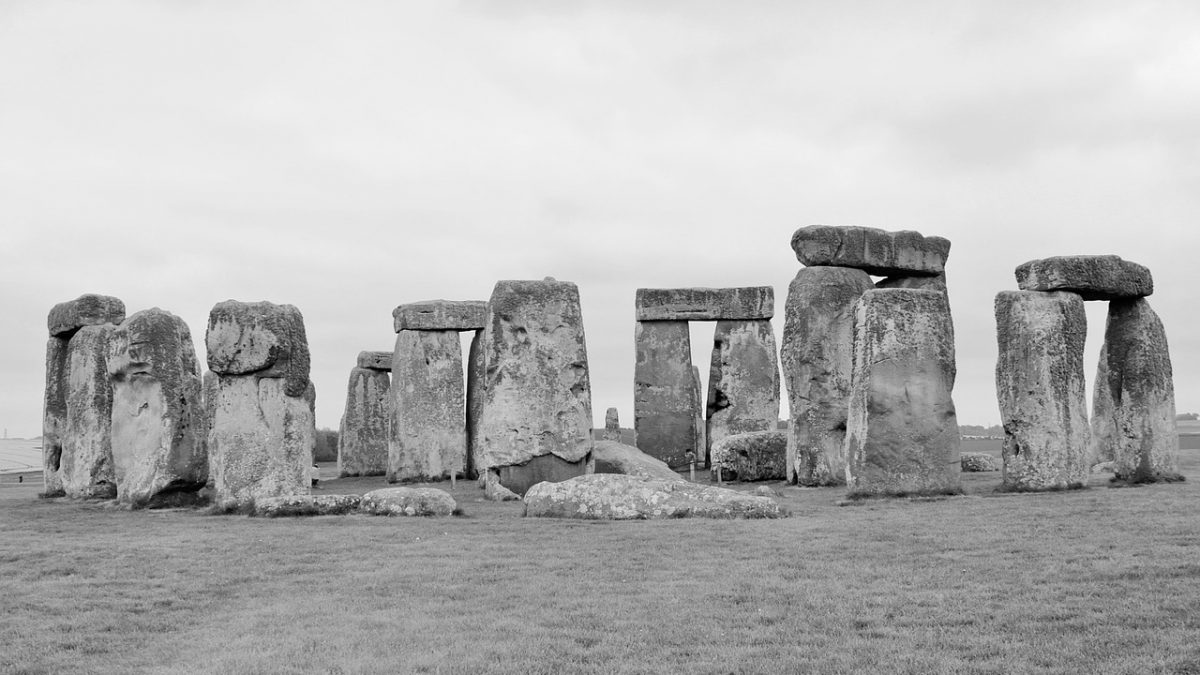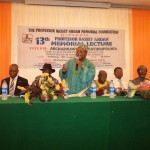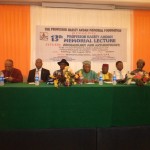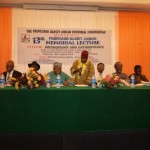Archaeology and anthropology: the foot prints and legacy of Professor Bassey Wai Andah
Anthropology is a discipline of infinite curiosity about human beings. It is simply defined, as the study of man. But this definition, which comes from the Greek word “anthropos” for “man or human” and “logos” for “study”, is not all embracing. Anthropologists seek answers to a variety of questions about humans. They are Interested in discovering when, where and why humans appeared on the earth: how and why they have changed on this earth since then, and how and why human populations vary in certain physical features. Anthropologists are also interested in knowing how and why societies in the past and present have varied in their customs, ideas and practices.
Different anthropologists concentrate on different typical characteristics of societies. Some are concerned primarily with biological or physical characteristics. Hence some anthropologists have two broad classifications of the subject matter of anthropology: physical/biological anthropology and cultural anthropology. Whereas physical anthropology is regarded as a major field of anthropology, cultural anthropology is divided into archaeology, linguistics and ethnology. Some scholars, however, would have anthropology divided into four major branches: physical / biological anthropology, Social/Cultural Anthropology, Archaeology and linguistics (Aremu, 2001:3)


